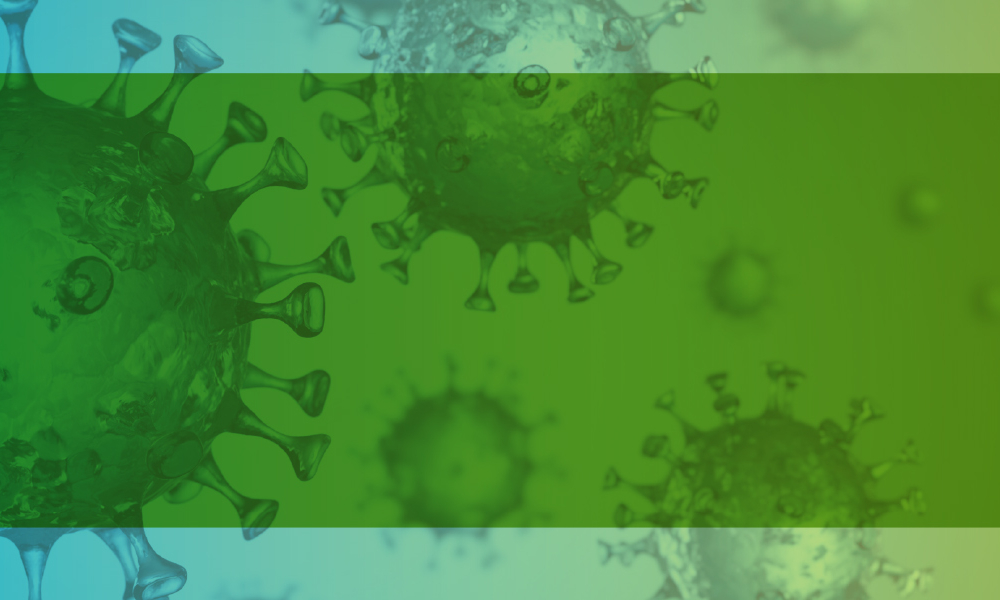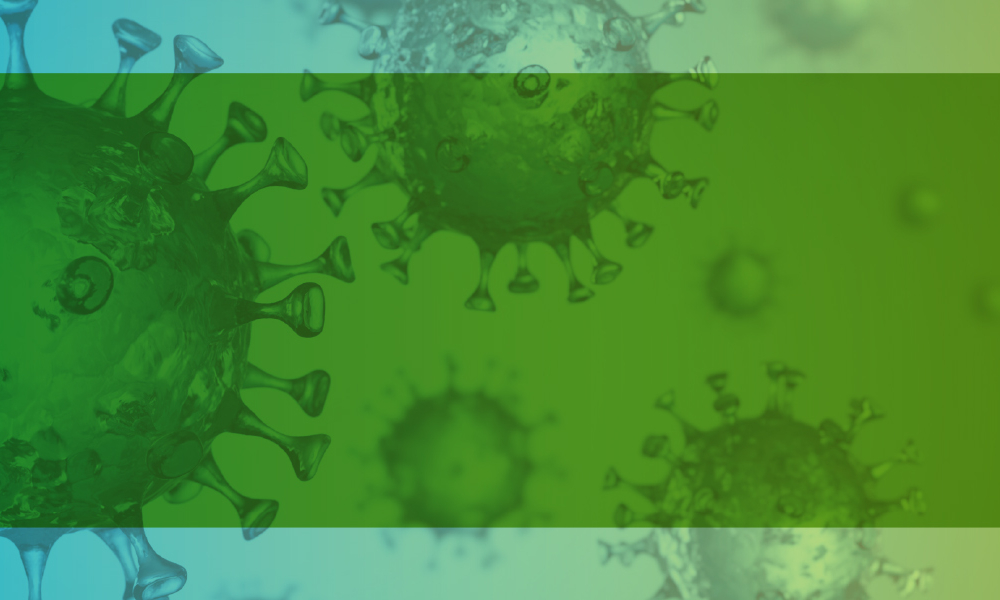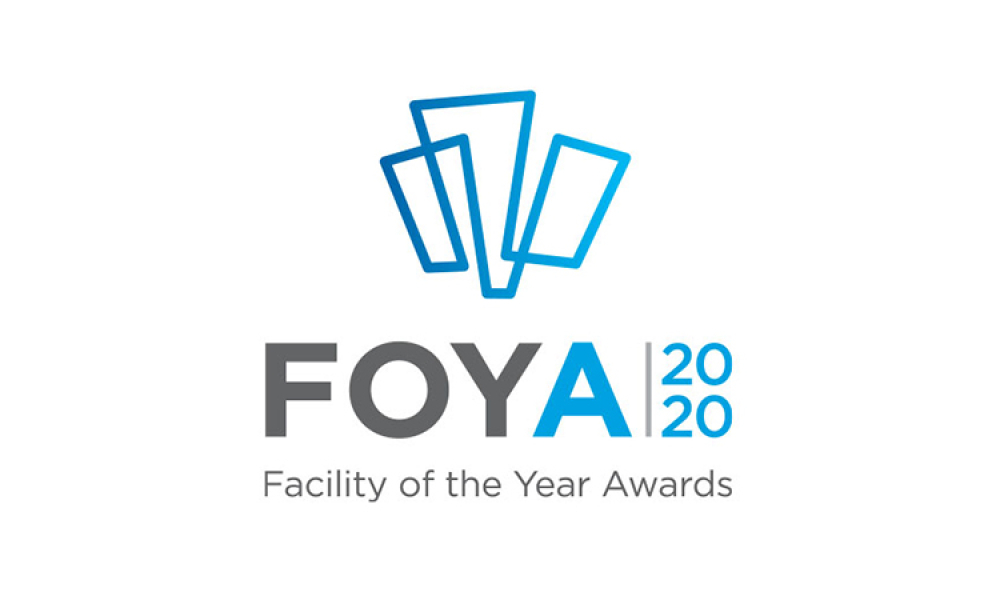Making a Living, Making a Life

I’m a pharmaceutical professional, toxicologist, project manager, validation specialist, wife, mother, and daughter. I did not get where I am in my career without the support, wisdom, and mentoring of others. My mother, who majored in math and minored in physics in the 1960s, and my pharmacist father encouraged me and let me believe that there was no limit to what I could do or accomplish. I have had an interesting and fulfilling career, with some bumps along the way. But the bumps were where I learned and grew the most. I no longer view challenges and failures as negatives, but as opportunities for improvement and better solutions.
A pearl of wisdom from my PhD advisor Stephanie Padilla was that I would not always be the best employee, the best wife, the best mother, or the best friend. There would be cycles throughout my career and life in which one area would have to “take the back burner” while another needed my time and dedication. Another important lesson I learned is to say “No.” I don’t have to commit to everything I am asked to do to succeed. I strive not to make commitments unless I know I have the appropriate amount of time and dedication to devote to them.
“Nothing in life is to be feared, just understood.” Marie Curie
One of my favorite inspirational sayings is this: “We make a living by what we get, but we make a life by what we give.” No one advances in his or her career in isolation; one advances with guidance from peers, mentors, bosses, family, and friends. If you are passionate about mentoring youth, take time to judge a science fair competition, tutor, or volunteer alongside kids in your community. Be a professional who takes time to recognize and invest in young professionals—both men and women. In this world where faults and weaknesses are clearly noted, be an encourager and praise people for their strengths. When you have to discuss a person’s need to improve in an area, be supportive and offer solutions; don’t just point out faults and failures. Most people know what their weaknesses are—they just don’t know how to improve.
I’ve found that people who are excellent communicators, both in the written and spoken word, are highly successful in their career endeavors. If you are not comfortable speaking in public, join a Toast Masters group. There are also a lot of online writing courses that you can take to improve all types of written communications (emails, reports, executive summaries, etc.). If you need additional skills, seek appropriate training and/or certification. Remember to always be proactive about your career; you have a vested interest in your own success.
I’d like to end with a quote from Marie Curie: “Nothing in life is to be feared, just understood.” I hope we never take for granted how important it is to be involved in getting lifesaving medication to patients and that we continue to find new and improved ways to manufacture medicines and discover cures for diseases and ailments.


